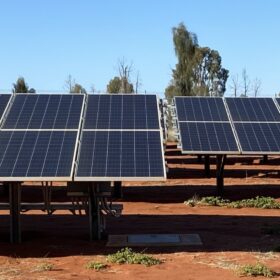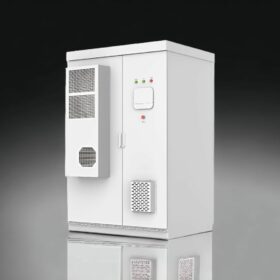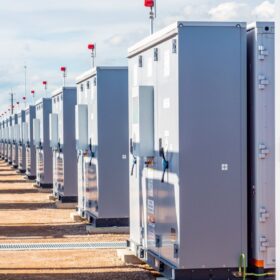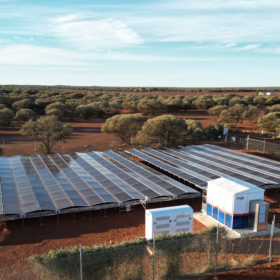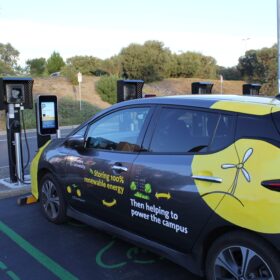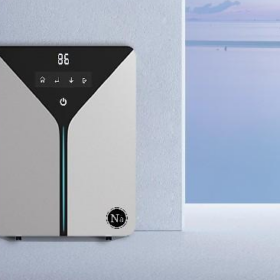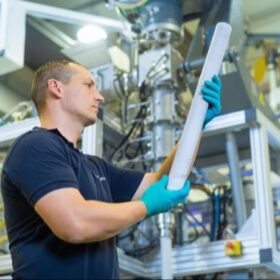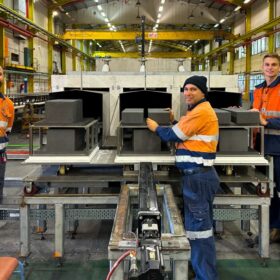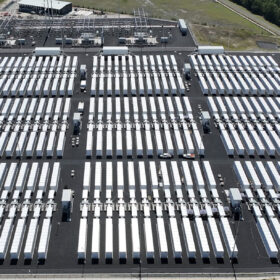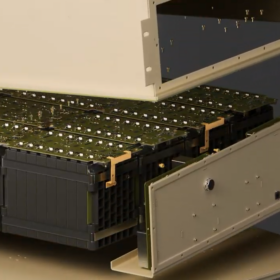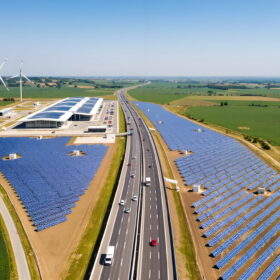Analyst suggests rule change could reduce battery funding
Energy market analyst Cornwall Insight Australia has flagged that proposed new rules for the operation of big batteries could have negative effects on the energy storage market, suggesting the changes could reduce the revenue streams available to batteries and cut their lifespan.
Jacana banks on batteries to smooth solar connection process
Northern Territory government-owned Jacana Energy has opened a tender calling for the private sector to submit proposals to build up to 100 MW of utility scale PV and 30 MW/30 MWh of grid-forming battery energy storage in the Darwin-Katherine region.
Chelion unveils scalable battery storage solution
Energy storage solutions manufacturer Chelion Australia has unveiled a new all-in-one lithium iron phosphate battery cabinet for commercial applications.
CATL unveils EV battery enabling 400km driving range on 10-minute charge
Chinese battery industry heavyweight Contemporary Amperex Technology has unveiled a new electric vehicle battery that reportedly enables long-range driving on a fast, 10-minute charge. It expects mass production to begin by the end of this year, and vehicles equipped with the battery to be available in the first quarter of 2024.
AGL goes live with second biggest battery in Australia
Australian energy giant AGL has officially opened its first operational grid-scale battery with the 250 MW/250 MWh facility at its Torrens Island power station site in South Australia now live.
Horizon turns on solar and storage solution in remote WA
The town of Sandstone in Western Australia’s remote Midwest region is now being powered by renewable energy with state-owned regional utility Horizon Power unveiling a 163 kW solar facility coupled with a 759 kWh battery energy storage system.
Vehicle-to-grid tech put to test in SA trial
South Australia’s Flinders University has launched a trial that will test bidirectional vehicle-to-grid charging technology that allows electric vehicles to either be recharged or used as batteries to provide back-up power to the grid.
Biwatt unveils new residential sodium-ion batteries
Biwatt Power, a Chinese manufacturer, has developed new residential sodium-ion batteries with an efficiency rate of 97% and a projected lifespan of more than 3,000 cycles.
Altech pushes ahead with Germany-based battery projects
Western Australia battery tech company Altech Batteries has raised $13.3 million (USD 8.7 million) to advance the development and commercialisation of its sodium-chloride solid state battery project and to progress construction of a silumina anodes battery materials plant in Germany.
MGA moving to scale up thermal energy storage solution
Newcastle-based clean energy company MGA Thermal has secured $8.25 million (USD 5.39 million) from domestic and international investors as it gears up for commercial scale production of its thermal long-duration energy storage solution.

